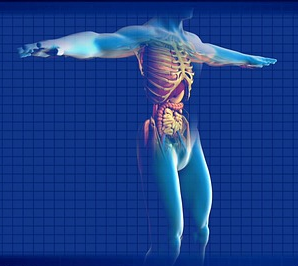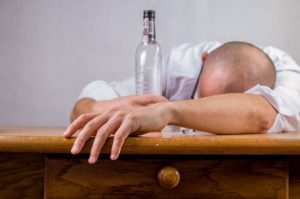
Most of us have an idea that heavy drinking can have adverse effects on the liver. However, alcohol can actually have adverse effects on many other organs of the body. Frequent alcohol use can also increase the odds that you will need an ERCP and amplify the risk that something may go wrong during or after the procedure.
How the Liver Handles Alcohol
The body can’t store alcohol. The significance of this is that every time you take a drink, your body focuses strictly on processing that alcohol, putting all other functions lower on the list of priorities. If you binge drink or continue to drink every day, your liver goes into overdrive trying to remove the toxins. This can eventually wear down and weaken the liver, making you more susceptible to disease.
Drinking and Gut Health
 Drinking changes the balance of good and bad bacteria in your gut. Bad bacteria can move through the intestinal wall and into your liver and other body organs. This can cause liver damage, digestive disorders, and many other health complications.
Drinking changes the balance of good and bad bacteria in your gut. Bad bacteria can move through the intestinal wall and into your liver and other body organs. This can cause liver damage, digestive disorders, and many other health complications.
Alcohol and Acute Pancreatitis
Acute pancreatitis occurs when the pancreas becomes inflamed within a small window of time. Pancreatitis itself is caused by digestive enzymes becoming active while they are still in the pancreas. Gallstones – which can be caused by excessive drinking – can block the bile ducts and cause pancreatic juices to flow back into the pancreas. The pancreas may also malfunction due to heavy alcohol use.
Alcohol and the Need for ERCP
Doctors may recommend ERCP to diagnose and treat issues catalyzed by alcohol that have lead to any of the above issues. Since the bile ducts carry bile from the liver to the gallbladder to the duodenum, damage to the liver, gallstones, narrowing of the bile ducts, inflammation in the pancreas, and infections can all result in the recommendation of ERCP.
 ERCP carries its own risks, unfortunately, especially when the body has been weakened by frequent alcohol use. ERCP malpractice such as the failure to adequately monitor vital signs can further increase risks. ERCP risks include the development of pancreatitis, perforation of the organs or bile ducts, and adverse reactions to sedatives or the contrast medium that’s used.
ERCP carries its own risks, unfortunately, especially when the body has been weakened by frequent alcohol use. ERCP malpractice such as the failure to adequately monitor vital signs can further increase risks. ERCP risks include the development of pancreatitis, perforation of the organs or bile ducts, and adverse reactions to sedatives or the contrast medium that’s used.
Drinking Alcohol after ERCP
Drinking alcohol after an ERCP procedure has been performed increases the risks of developing post-ERCP pancreatitis. This condition generally develops within 24 hours after the procedure is performed and can be life threatening. Doctors usually recommend abstaining from alcohol completely for at least two days after ERCP.
Drinking heavily or frequently can increase the risks of many health conditions. To stay healthy and avoid risky procedures like ERCP, limit your alcohol consumption or abstain completely.
